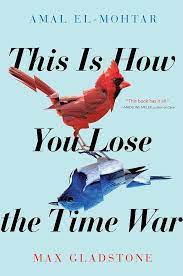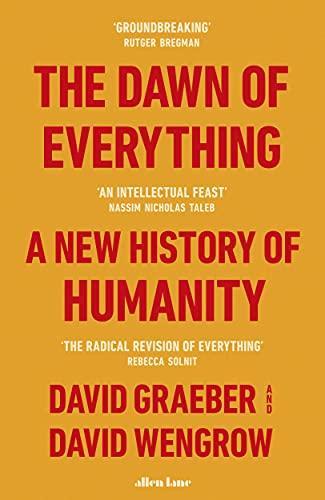Just saw a short documentary on arte.tv about this. Remarkable quote: I'm the sister of an only child.
User Profile
reading mostly non-fictional books to learn new stuff. But occasionally I'm reading Sci-Fi and History.
This link opens in a pop-up window
Falko's books
User Activity
RSS feed Back
Falko wants to read Land der Frauen by María Sánchez
Falko reviewed Drystone by Kristie De Garis
disturbing, powerful, encouraging
5 stars
It's painful and disturbing at times. But also beautiful and enticing. Kristie De Garis has a very unique and refreshing style of writing. Her honesty is brutal and she does not spare anyone when she writes about racism, sexism, rape and addiction. Not even herself. It's embarrassing to read as a man what she had to experience and how she was treated. Likely still is treated today. But she found her way to deal with it and not collapse. Instead she puts her experiences into beautiful and powerful sentences, paragraphs, essays and a book eventually.
It's painful and disturbing at times. But also beautiful and enticing. Kristie De Garis has a very unique and refreshing style of writing. Her honesty is brutal and she does not spare anyone when she writes about racism, sexism, rape and addiction. Not even herself. It's embarrassing to read as a man what she had to experience and how she was treated. Likely still is treated today. But she found her way to deal with it and not collapse. Instead she puts her experiences into beautiful and powerful sentences, paragraphs, essays and a book eventually.
Falko wants to read A Manual for Cleaning Women by Lucia Berlin
Because @kristiedegaris@mastodon.scot recommended it
Falko reviewed The Art Of The Ask by Ahmed Raafat
This "book" should have been a blog post
1 star
while the gist of this "book" is somewhat useful, it's really not more content then for a short to medium length blog post. The rest if fluff and repetition.
while the gist of this "book" is somewhat useful, it's really not more content then for a short to medium length blog post. The rest if fluff and repetition.
Falko finished reading Drystone by Kristie De Garis
Falko wants to read The Materials and Techniques of Medieval Painting by Daniel V. Thompson

The Materials and Techniques of Medieval Painting by Daniel V. Thompson
Medieval painters built up a tremendous range of technical resources for obtaining brilliance and permanence. In this volume, an internationally …
Falko started reading Drystone by Kristie De Garis
Falko finished reading The Art Of The Ask by Ahmed Raafat
Falko started reading The Art Of The Ask by Ahmed Raafat

The Art Of The Ask by Ahmed Raafat, Matias Undurraga
"Think of AI like an incredibly knowledgeable, eager-to-please apprentice. It can do amazing things, but it needs clear instructions. Your …
Falko wants to read The Art Of The Ask by Ahmed Raafat

The Art Of The Ask by Ahmed Raafat, Matias Undurraga
"Think of AI like an incredibly knowledgeable, eager-to-please apprentice. It can do amazing things, but it needs clear instructions. Your …
Falko wants to read Drystone by Kristie De Garis
Falko rated This Is How You Lose the Time War: 5 stars

This Is How You Lose the Time War by Amal El-Mohtar, Max Gladstone
Two time-traveling agents from warring futures, working their way through the past, begin to exchange letters—and fall in love in …
Falko finished reading This Is How You Lose the Time War by Amal El-Mohtar
Finally, dear reader, we dedicated this one to you, and we meant it. Books are letters in bottles, cast into the waves of time, from one person trying to save the world to another. Keep reading. Keep writing. Keep fighting. We’re all still here.
Falko started reading This Is How You Lose the Time War by Amal El-Mohtar

This Is How You Lose the Time War by Amal El-Mohtar, Max Gladstone
Two time-traveling agents from warring futures, working their way through the past, begin to exchange letters—and fall in love in …





